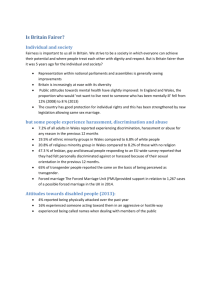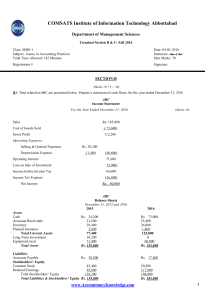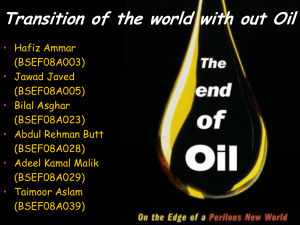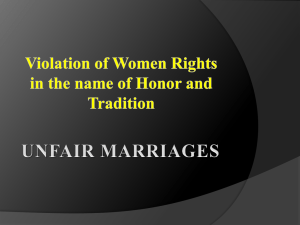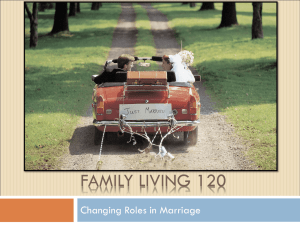Forced marriage torment of Britain`s South Asian men
advertisement
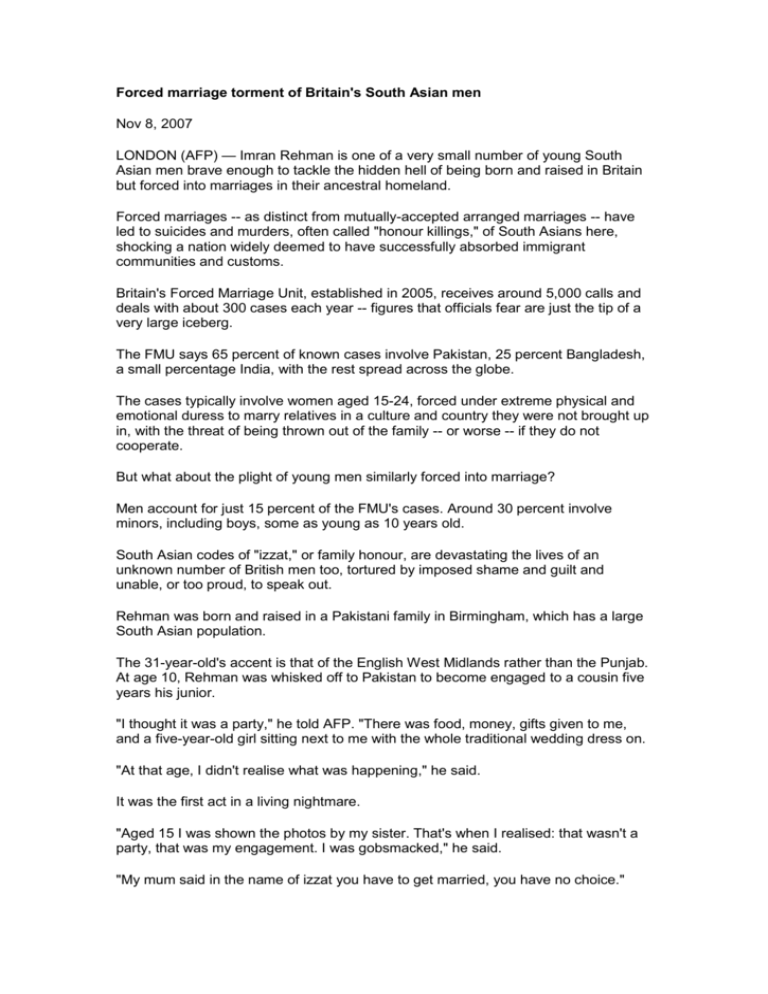
Forced marriage torment of Britain's South Asian men Nov 8, 2007 LONDON (AFP) — Imran Rehman is one of a very small number of young South Asian men brave enough to tackle the hidden hell of being born and raised in Britain but forced into marriages in their ancestral homeland. Forced marriages -- as distinct from mutually-accepted arranged marriages -- have led to suicides and murders, often called "honour killings," of South Asians here, shocking a nation widely deemed to have successfully absorbed immigrant communities and customs. Britain's Forced Marriage Unit, established in 2005, receives around 5,000 calls and deals with about 300 cases each year -- figures that officials fear are just the tip of a very large iceberg. The FMU says 65 percent of known cases involve Pakistan, 25 percent Bangladesh, a small percentage India, with the rest spread across the globe. The cases typically involve women aged 15-24, forced under extreme physical and emotional duress to marry relatives in a culture and country they were not brought up in, with the threat of being thrown out of the family -- or worse -- if they do not cooperate. But what about the plight of young men similarly forced into marriage? Men account for just 15 percent of the FMU's cases. Around 30 percent involve minors, including boys, some as young as 10 years old. South Asian codes of "izzat," or family honour, are devastating the lives of an unknown number of British men too, tortured by imposed shame and guilt and unable, or too proud, to speak out. Rehman was born and raised in a Pakistani family in Birmingham, which has a large South Asian population. The 31-year-old's accent is that of the English West Midlands rather than the Punjab. At age 10, Rehman was whisked off to Pakistan to become engaged to a cousin five years his junior. "I thought it was a party," he told AFP. "There was food, money, gifts given to me, and a five-year-old girl sitting next to me with the whole traditional wedding dress on. "At that age, I didn't realise what was happening," he said. It was the first act in a living nightmare. "Aged 15 I was shown the photos by my sister. That's when I realised: that wasn't a party, that was my engagement. I was gobsmacked," he said. "My mum said in the name of izzat you have to get married, you have no choice." Refusing to consent, he rebelled and went "off the rails". A couple of years later, when his consenting sister went to Pakistan for an arranged marriage, Rehman, then 17, gladly went along to help. He was taken to his grandmother's hometown of Gujrat in the northeast where his terrifying ordeal began. "I was woken up at five o'clock in the morning with a tablet and a cup of tea," he said. "My brother-in-law said 'it's to wake you up because you've just come out of a deep sleep'. I didn't know I was getting drugged. "I was abducted in a car by my brother-in-law and two holy men. The doors were locked, my head was spinning and I just knew something was not right." When he regained consciousness he found himself in a remote village being pinned down by several men. His ankles were shackled together with a bar keeping his feet apart. "I was swearing in English for them to let go, I even spat on a few of them," he said. "My brother-in-law apologised and said 'I'm doing it because your mum's requested it'." He was kept prisoner in the village mosque and never told why he was being forced to wear the heavy shackles, which stayed on at all times. Rehman was held for 15 days before escaping with the help of a nine-year-old village boy he befriended. After he had been held for a week, the boy approached and asked if he was a murderer, given his treatment. Rehman told him about life in Britain and they became friends. "They made one mistake," Rehman says of his abductors. "I realised I could prise the padlocks open with a metal bar. This kid was my only way out and he got me this metal bar, he hid it in his pants. I then hid it. Rehman waited for the right moment. "I threw the shackles off and I ran for my life. I ran for an hour and a half -- my feet were absolutely bleeding -- 'til I got to a road. I got onto the first bus," he said. He gradually made his way to Sialkot city in northeast Pakistan, where his in-laws hailed from, and found a friend who, horrified, bandaged him up and looked after him. His sister gave him his passport and he returned to Birmingham. "Not once did my mum apologise. She said what she did was to rehabilitate me, make me a better person," he said. Having endured the "honour" punishment, Rehman was then continually pressured into marrying until, when he was 24, his mother declared herself to be gravely ill and said that if she died it would be his fault. He was given five days to marry. "I was emotionally blackmailed. I went to Pakistan and got married to the girl I was sat next to in the photos," he said. "On the first night, I told her I got forced. She couldn't believe what I was saying." On return to Britain, he divorced her within a year and was disowned by his family for "izzat" reasons. Rehman now works at the Karma Nirvana refuge in Derby, which looks after survivors of ordeals similar to that he endured, and where his job includes mapping the extent of the problem to create understanding of the male experience. His outspoken work finally triggered an apology from his mother -- just four months ago. "She said what she did was wrong but at the time she thought it was right. It will never be the same as before, though. I've been home a few times and it just doesn't feel right," he said. Having a South Asian male to talk to, more and more men of all ages are breaking their silence on forced marriage as they desperately seek support. "It's very hard for a man to come forward. It's a macho thing. You're supposed to be a man and not talk about your problems. I only told four close friends," Rehman said. The risks go further than being shunned for "bringing shame" on the family. "I've got 18 cases now from men and couples. The cases are horrific. Worse than mine," he said. Among them is a couple told they will be "slaughtered" if found, who have had to change their identities. "One guy aged 35, he's a successful businessman who thought he was the only one suffering. He was held in a mosque for four years," Rehman said. "It does happen to men too, it's just unreported." Rehman shared his experiences in October at a European conference on forced marriage, hosted by Britain and aimed at spreading best practice on tackling the subject. The London conference heard from British government ministers, police and forced marriage "survivors" such as Rehman. Delegates from across the European Union were told of shocking cases where British women were murdered to uphold family honour, and burnt themselves to death to escape forced marriages. Britain's FMU has rescued people trapped in forced marriages abroad, including victims who have been held captive, raped or forced into having backstreet abortions. Britain considers forced marriage to be a violation of human rights and a form of domestic abuse. The government has decided against outlawing the practice, for fear that criminalisation would force the issue further underground, with victims unwilling to press charges against their parents. Rape, domestic violence and kidnap laws are used instead. Rehman hopes that by speaking out, more men will be encouraged to come forward and help piece together a truer picture of how widespread the practice is in 21st century Britain.
